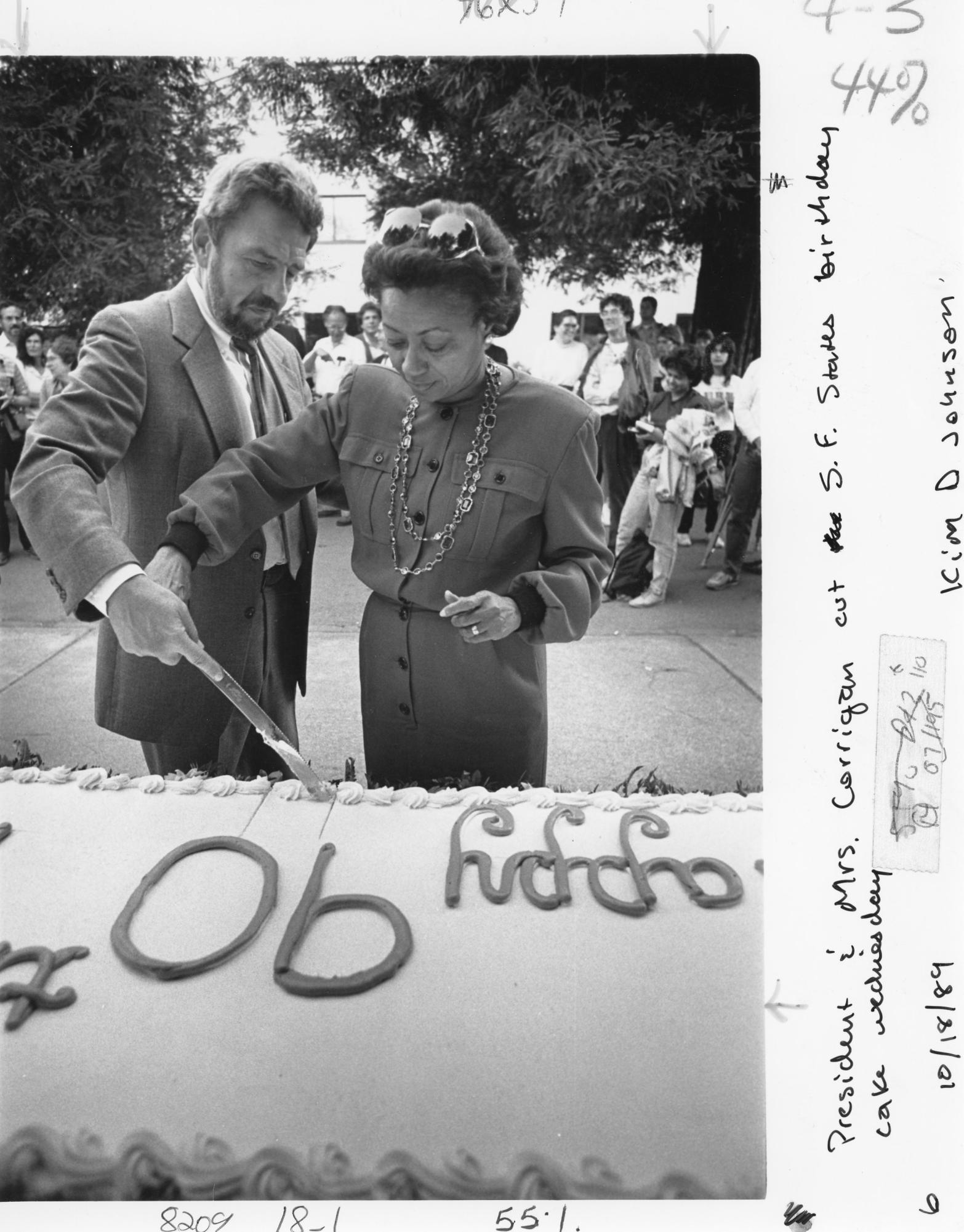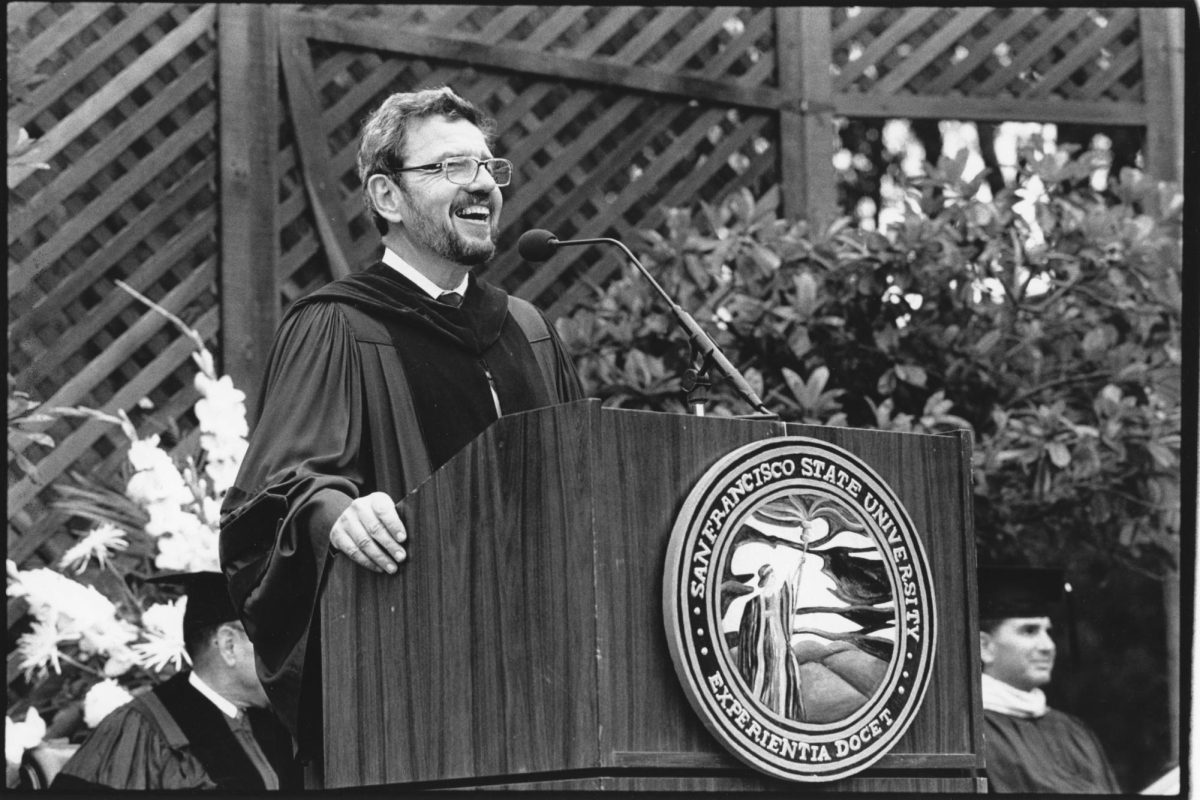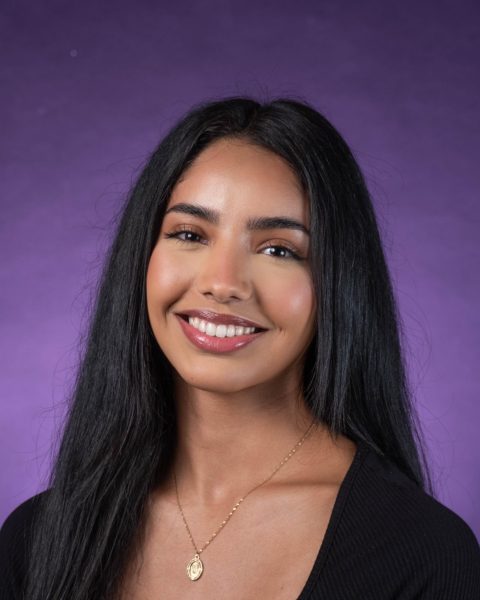Former San Francisco State University president Robert A. Corrigan died peacefully in his San Francisco home on July 5, according to SFSU Strategic Marketing and Communications. He was 89.
Corrigan served as the 12th SFSU president from 1988 to 2012 before stepping down from his role and entering retirement. His contributions to the school and local community during his 24-year tenure continue to have an impact on the university even now.
When Corrigan first arrived at the institution in the late 1980s, SFSU held a different presence than it does today. One of his desires was to leave the school a better place than how he found it.
President Corrigan has respectfully earned the title of a “national leader” according to faculty members, with his exceptional leadership regarding his goal of pursuing a more urban partnership within the city and his civic engagement. He wanted to provide an environment where students felt like they were in a different kind of public university.
On top of making the university a more respected institution in San Francisco, he also had goals of renovating some of the most visited places on campus, such as the J. Paul Leonard Library and the Cesar Chavez Student Center.
Current SFSU president Lynn Mahoney wrote about Corrigan’s legacy in an email to faculty, describing his achievements while serving as president for 24 years.
“He served on numerous boards and local organizations, demonstrating personally his vision for the University as a vital and active contributor to the civic, economic and cultural life of a community,” Mahoney wrote. “By the time of his retirement, SF State offered more than 500 service-learning courses and dozens of University initiatives linking the classroom and the community.”
When he stepped down in 2012, one of the things Corrigan wanted was for the next president to focus on getting support from the community. He worked hard to develop community relationships during his time at SFSU.
“During his tenure as president, SF State earned designations as both a Princeton Review ‘College with a Conscience’ and a Carnegie Foundation classification for Community Engagement,” Mahoney wrote. “The University also earned the highest federal recognition possible for its commitment to community service, a Presidential Award in President Obama’s Higher Education Community Service Honor Roll.”

According to interviews conducted by Golden Gate Xpress, a common theme was how interactive he was with faculty members. He would speak with them directly whether that was encouraging a positive step in their career, joining community lectures, or offering advice and perspective.
Darlene Yee-Melichar, a faculty member at SFSU who also serves on the California State University Board of Trustees, worked under Corrigan’s tenure for 22 years as a professor. She said she noticed the persistence he had with faculty members because of the close connections he had with them.
“As a seasoned leader with 24 years at SF State, President Corrigan had a deep understanding of the challenges facing higher education in the state of California,” Yee-Melichar said. “President Corrigan had excellent relationships across the CSU system and was well respected by his colleagues inside and outside the CSU.”
Yee-Melichar also mentioned Corrigan’s advocacy within the years he was president, and what gave him the title of “diversity and social justice” because of his long strides of encouraging students to stand up for what they believe in.
“Robert A. Corrigan, the longest-serving president in the history of SF State, leaves a rich legacy of accomplishments, contributions and enduring imprints on the campus he loved: diversity and social justice coupled with community and civic engagement for student success,” Yee-Melichar said.
Marc Dollinger, a professor in the social studies department at SFSU under Corrigan’s tenure, spoke about Corrigan’s persuasive goals that turned the school into what it is today.
“What he said to me was that he said you can spend your whole career writing books, which is what academics do,” Dollinger said. “But from his perspective, he would like me taking the lessons from the books and translate them to help society.”
Dollinger described President Corrigan as a model of what a university leader should be. He admired his moral compass and how he was more than just a leader, but a role model for all students and faculty members.
“What he was hiring me for was in social,” Dollinger said. “That’s my academic field and he talked to me about the importance of getting involved in the larger community and taking what we learn and what I teach at the university out of the university, that we have an obligation as a university to serve the communities around us.”








